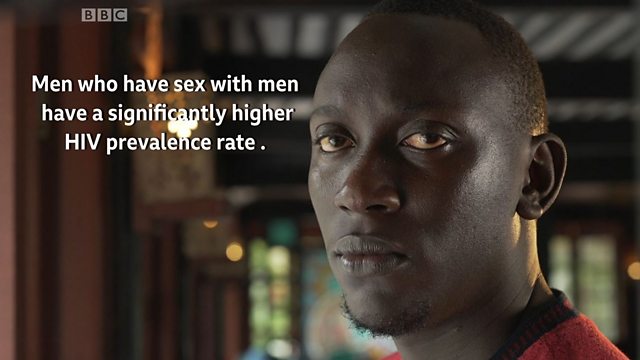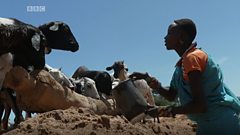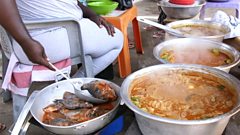
Men who have sex with men among the key populations at high risk of HIV
Due to stigma and discrimination, many in the LGBTQI cannot access quality healthcare
Everyone is entitled to healthcare regardless of their gender or identity. However, in the context of HIV, there are some people who find it hard to access treatment because of their identity.
“Personally I’ve gone through verbal abuse and violence because of my sexuality. I am gay and as a gay man, I reached a point where I just kept to myself and tried to avoid people so that it would not get to that point of attack and verbal abuse,” says Oliver who lives in Mombasa, a city on Kenya’s coast.
Oliver’s story resonates with the experiences of sex workers, injecting drug users, men who have sex with men and prisoners among others. These groups of people are commonly referred to as key populations, who, experts say, are at higher risk of getting diseases like HIV. However, many national plans do not address the specific needs of these key populations, with some even denying their existence.
For people like Oliver and others in the LGBTQI community, stigma, discrimination, social exclusion and violence are part of their daily struggles. This affects their self-esteem and makes it harder to access healthcare.
“We are citizens. We pay taxes just like everybody else but when it comes to healthcare we end up getting lesser [quality] services because we’re different,” Oliver adds. “I know people who got STIs and stayed with them until they were chronic to a point of surgery because they were afraid to go to hospital and risk being outed.”
Homosexuality is illegal in Kenya. It carries a prison sentence of up to 14 years.
Oliver kept his sexuality a secret for many years but has now decided to come out to his friend Sylvia.
“I’m here talking about my secret because I would really like to see change. I would really like to see acceptance. I would love to see families loving their kids no matter how different they are.”
Caine Youngman – an activist with the Lesbians, Gays and Bisexuals of Botswana (LEGABIBO), says, “When we talk about access to health services, many people think this is just an availability of a hospital in our neighbourbood but it means more than that. It means that I should be able to go to a health facility and have targeted services that I need as a gay man.”
He adds: “This means health practioners should be well-informed and well-trained on information that relates to HIV and other issues affecting key populations. If, as a gay man, I don’t get that treatment, that means I am not getting what I need to protect myself.”
Because many key populations often face depression, Youngman believes their access to healthcare should also include mental healthcare – a sentiment echoed by Dr. Emmy Igonya, a medical anthropologist based in Nairobi.
“Society often pathologises key populations and stigmatise them as disease-carriers, but these people need the support to come out and get healthcare,” Igonya says “Universal health coverage is actually the way to go for governments because leaving key populations out of comprehensive healthcare services means undoing the gains already achieved and spikes in HIV prevalence.”
Duration:
This clip is from
More clips from Life Clinic
-
![]()
In search of pasture and reproductive health
Duration: 28:30
-
![]()
What does it mean for Africa to have a common vaccine passport?
Duration: 28:30
-
![]()
What does it mean for Africa to have a common vaccine passport?
Duration: 28:30
-
![]()
How safe is your food?
Duration: 05:12





